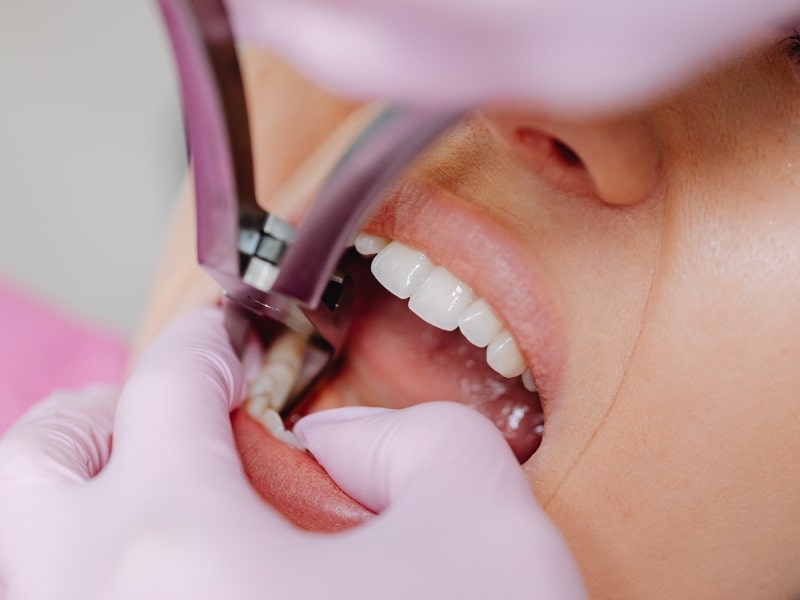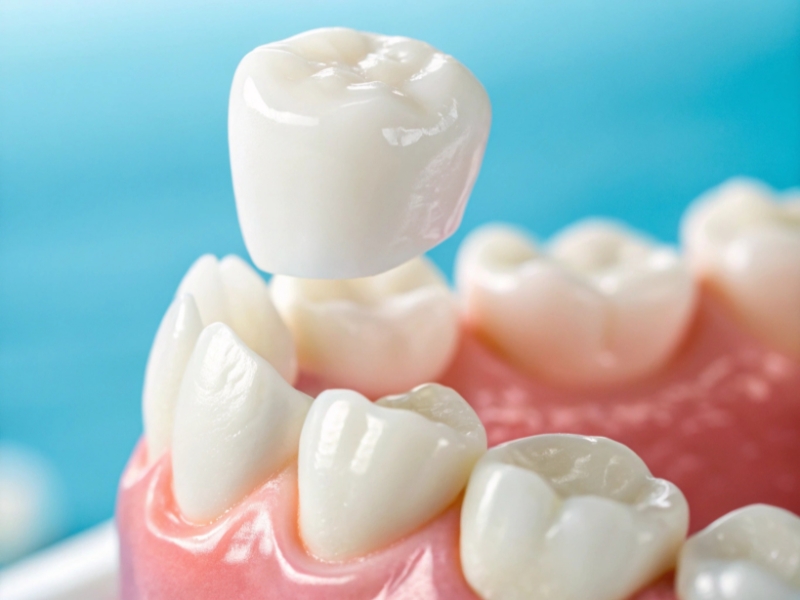Understanding Gum Disease: Causes, Symptoms, and Treatment
Gum disease is one of the more common oral health problems in Sydney that usually does not get properly treated, at least not right away. Oftentimes, this is because of the lack of information about the disease, and because many people tend to ignore it until it gets worse. When left untreated, gum disease can lead to many other serious health problems, not just inside the mouth but in other parts of the body.
Causes of Gum Disease
The most prevalent cause of gum disease is plaque. When tiny food particles are left inside the mouth due to improper or infrequent brushing, these particles will turn into plaque, which is like a sticky film that covers the teeth and tongue. It won’t take long before bacteria grows in the area, which then triggers the beginning of gum disease.
There are also other possible causes of gum disease that are not as common. Hormonal changes, for instance, can increase the likelihood of gingivitis. This can happen during puberty, pregnancy, menopause, or even during the monthly menstrual period.
Certain illnesses can also disrupt the body’s immune system, making you more at risk for gum disease. Cancer and HIV are two of these kinds of illnesses. Diabetes, on the other hand, interferes with the body’s usage of blood sugar, making patients likely to develop oral infections, including cavities and periodontal disease.
Symptoms of Gum Disease
In the beginning, gum disease is not very obvious because the symptoms can be very subtle. But even so, you should see a dentist as soon as you notice them. Some of the common signs that you should look out for are bleeding gums, especially while brushing, and gums that are red, swollen and tender.
If you notice pockets forming between your teeth and your gums, or if the teeth seem loose and the gums are receding, you likely have gum disease that has progressed beyond the initial stages. Also, consistently bad breath despite constant brushing can be an indication of gum disease.
Common Treatment Options
The treatment for gum disease would depend on the cause of the particular disease, the severity of the condition, the kind of response you have shown to prior treatments, and the state of your overall health.
For milder cases or those that have been detected early on, nonsurgical treatments are usually effective for stopping the progression of the disease. Professional dental cleaning, for instance, can even reverse gum disease in its earliest stage. A deeper cleaning, which involves scaling and root planing, will clean your gums of bacteria and allow them to heal. There are also some medications that can be used for gum treatment, like antiseptic chips, antibiotic gel, and enzyme suppressant tablets.
As for more serious cases that require surgery, the dentist might opt to do flap surgery or pocket reduction surgery to restore your gums to their original state. Bone grafts and soft tissue grafts are also viable options if parts of your bone have been damaged by the disease.
If you feel that you might be in need of some kind of treatment for your gums, don’t hesitate to give us a call here at Marsfield Dental Care. We can book you an appointment at your convenience!




